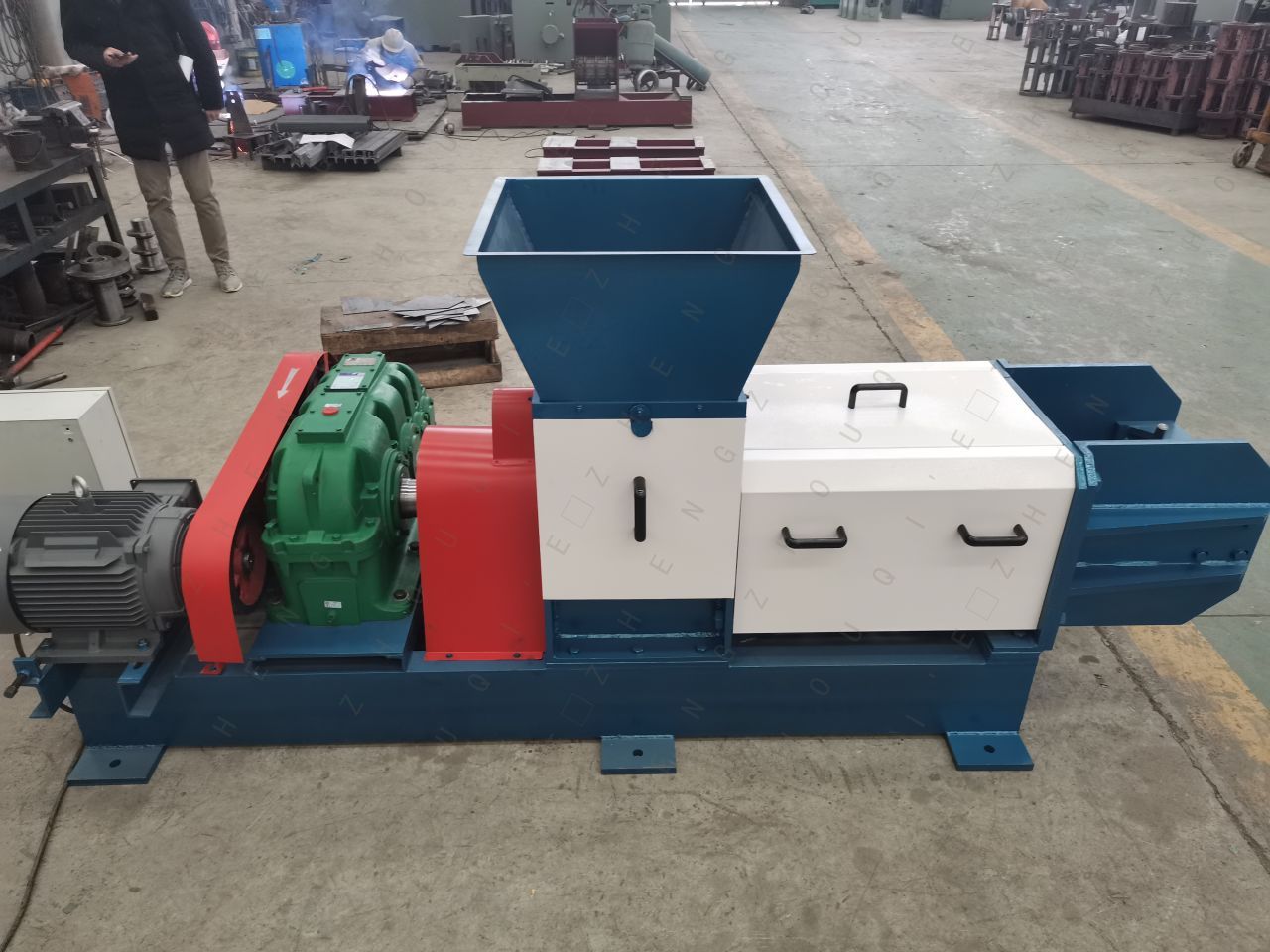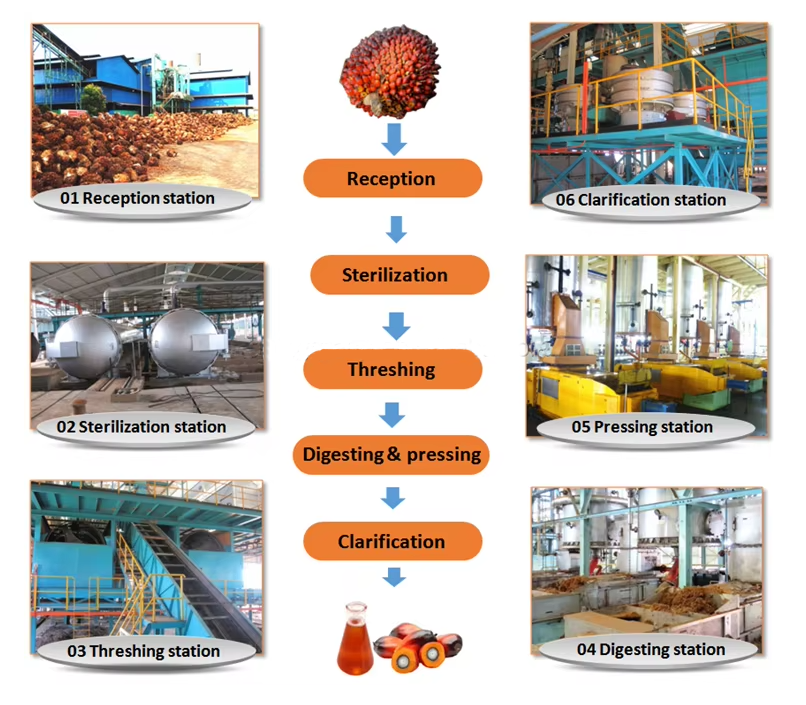
Nigeria, often referred to as the “Giant of Africa,” presents a highly promising opportunity for entrepreneurs looking to set up a palm oil plant. With its abundant natural resources, favorable climatic conditions, and a thriving agricultural sector, Nigeria stands as one of the world’s leading producers of palm oil. In addition to this, the following conditions provide opportunities for the people who want to invest in palm oil milling industry.
The palm oil industry presents a lucrative opportunity for entrepreneurs in Nigeria. As one of the most widely consumed cooking oils in Nigeria, the demand for palm oil is consistently high. And more and more people want to know how to start a palm oil business in Nigeria, and this article will give you a comprehensive guide, including six steps: market research, business plan, secure capital, set up processing plant.
Setting up a palm oil mill plant in Nigeria involves several key steps, including market research, business registration, site selection, equipment purchase, and more. The detailed information is as follows:
Conduct Market Research
Analyze the demand for palm oil in the target location, study competitors, and identify potential customers. This can help determine the market price, production scale, and product positioning of palm oil.
Formulate a Business Plan
Create a comprehensive business plan that includes business objectives, target market, competitive analysis, marketing strategies, and financial projections. A well – structured business plan is crucial when seeking funding or attracting potential investors.
Secure Capital
Starting a palm oil mill plant requires initial capital for purchasing palm fruits, equipment, and factory setup. You can use personal savings, apply for loans from financial institutions, or seek investment partners. The specific amount of capital needed depends on factors such as land cost, plant scale, and equipment purchase.
Register the Company
To make the business legal in Nigeria, register it with the Corporate Affairs Commission (CAC). You can choose to register a limited – liability company or just a business name. The registration process requires submitting various documents, such as the company’s charter and shareholder information.
Obtain Necessary Licenses and Permits
Consult local authorities or regulatory bodies to understand the specific license requirements for starting a palm oil business. This may include obtaining a business registration certificate, tax identification number, and complying with health and safety regulations.
Select a Suitable Location
The location should be close to the oil palm plantation for easy access to raw materials, and have good terrain and transportation conditions to facilitate the entry and exit of trucks. In addition, since a large amount of water is needed for the milling process, it is best to drill a borehole on the site to ensure an adequate water supply.
Purchase Equipment
According to the daily processing volume, invest in appropriate palm oil processing equipment, including threshers, boilers, presses, clarification systems, and filters. Small – scale palm oil mill plants can choose simple – type equipment, while medium – and large – scale plants require more complete sets of equipment. It is important to find a reliable equipment supplier who can provide technical support and after – sales service.

Hire Staff
Hire a mechanical engineer to be responsible for the maintenance of production equipment. In addition, according to the production scale and process requirements, hire an appropriate number of workers for operations such as palm fruit processing and oil pressing.
Set Up the Factory
Based on the selected equipment, determine the area and layout of the factory, including production areas, storage areas, office areas, and parking lots. Purchase and install the equipment, and conduct commissioning and training to ensure the normal operation of the factory.
The typical processes to produce palm oil include palm bunches reception, palm bunches sterilization, palm threshing, palm fruit digestion, palm pulp pressing, palm oil clarification, palm oil drying and palm oil storage and packing.
